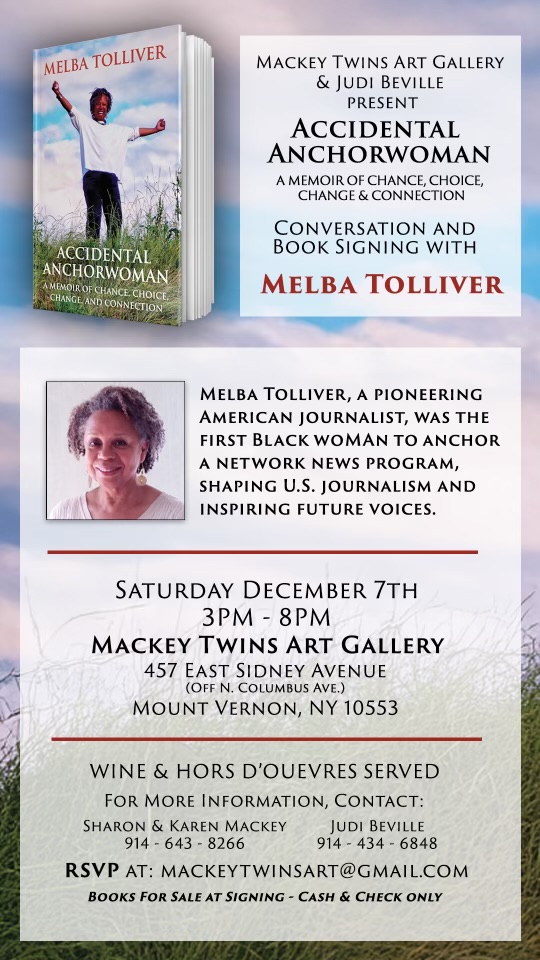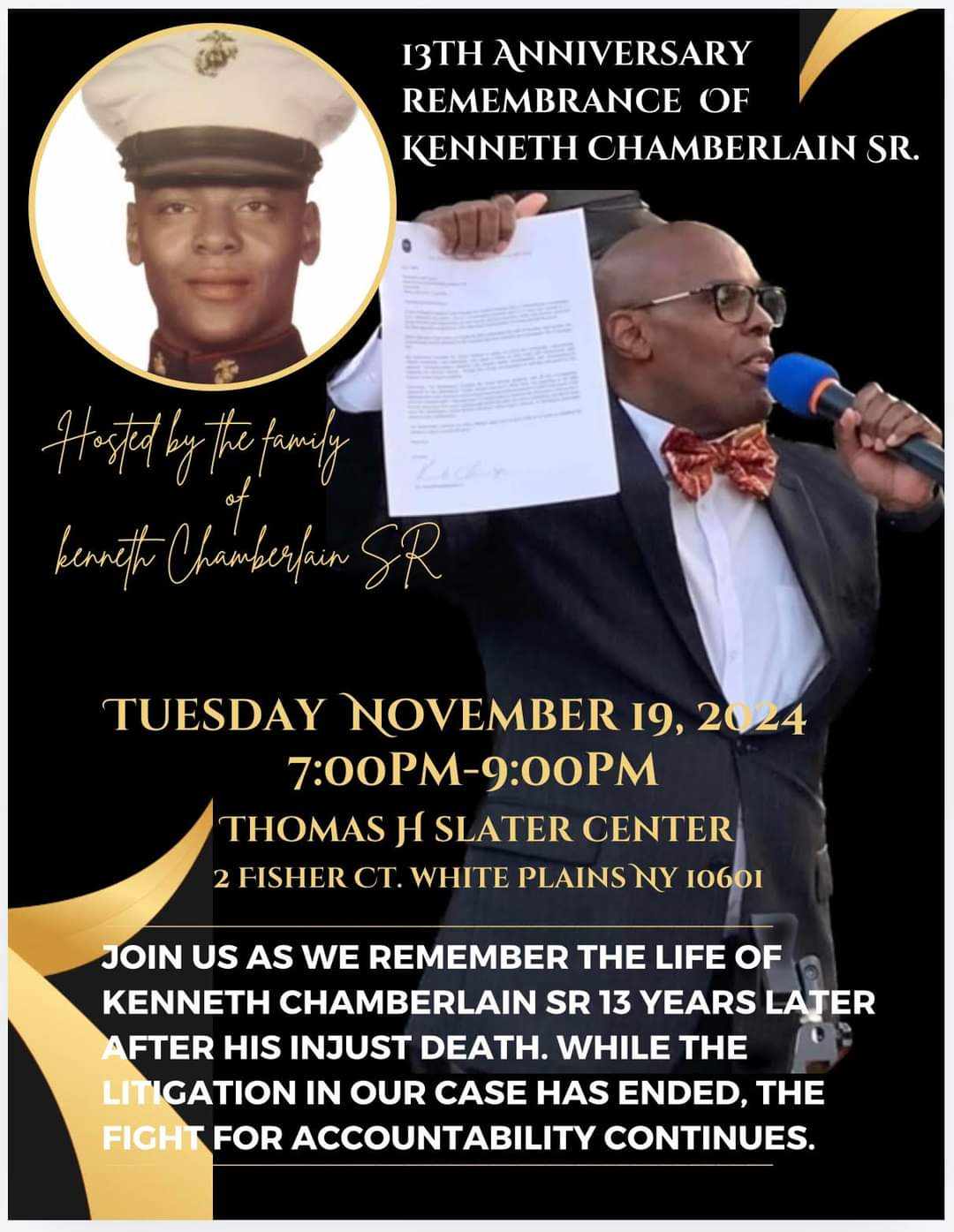
Ella Baker, “The Mother of Civil Rights” earned her bonafides by the influence she had on shaping the Civil Rights Movement. Hers was not a charismatic flame like Dr. King’s, but nearly as instrumental! From teaching Rosa Parks how to protest, to being one of the female voices of the SCLC, she quietly had her fingerprints all over the Civil Rights Movement.
The fact that she was a female leader in the testosterone filled room was an impediment. The historical publication All Things Interesting [ATI.com] delineated her struggles,“All the odds were against her as a Black woman in her time.” In 1958 she worked with Dr. Martin Luther King Jr. to organize the Southern Christian Leadership Conference. Their flare ups were noted in Time, “Her relationship with Dr. King, however, was tense: Despite her level of experience and proven track record, he had difficulty allowing a woman’s decisions to trump his own, and her idea was that the organization should devote its resources more to promoting and enabling its overall mission rather than celebrating a charismatic leader.”
ATI.com wrote, “Baker often clashed with King, though. King balked at the notion that a woman may have ideas beyond his own. An early SCLC member said of King’s behavior that it was just a consequence of his time and circumstance: ‘unless someone was male and a member of the inner circle of the church, it could be difficult to overcome the preacher’s ego.’”
Born in Norfolk, Virginia in 1903, she was raised in rural North Carolina. Blackpast.org recounts the guidance she received from her Grandmother. “… told young Ella stories of the cruelties she endured at the hands of slave owners… But she bore the beatings with pride and resilience…” That common thread among the downtrodden is what propelled Miss Ella in her quest for Black equality. She graduated class valedictorian in 1927 from Shaw University, and moved to New York City. Britannica; noted her early activism began, “In the early 1930s, in one of her first efforts at implementing social improvement, she helped organize the Young Negroes Cooperative League.’
From 1940 to 1946, Miss Ella worked exhaustively in the NAACP. She rose from a job as field secretary to national director of various branches. Her role was to fundraise for the NAACP, and she traveled all over the country, trying to convince people that they deserved a voice. Many of the people she met had grandparents who were slaves, so they were skeptical that their effort could stop the constant degradation. Miss Ella used the shared lineage to slavery to inspire people to stand strong. The “Mother of Civil Rights” would not be deterred. To learn more read Ella Baker: Leader Behind the Scenes by Shyrlee Dallard.
“Give light and people will find the way.” – Ella Baker




